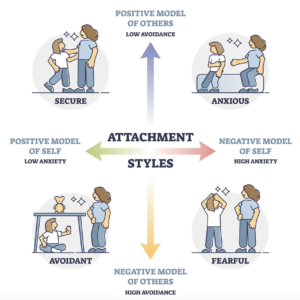As I was reading Anton Jäger’s recent Jacobin article on AI and loneliness, I found myself thinking about what a better scenario would even look like.
Jäger claims, with good reason, that AI chatbots mix with capitalism in a concerning way. Some bill them as a way to rescue people from loneliness and lack of intimacy. But, in practice, they take advantage of people for profit.
In a better world, how would chatbots handle these problems? After all, implementing socialism wouldn’t automatically cure the loneliness epidemic. It wouldn’t, by itself, put us into a place where we easily navigate social circles and form friendships. Capitalism harms our friendships, but friendship ain’t easy. Even in the ideal case.
How could chatbots help with that. Could they? Or are we just barking up the wrong tree?




